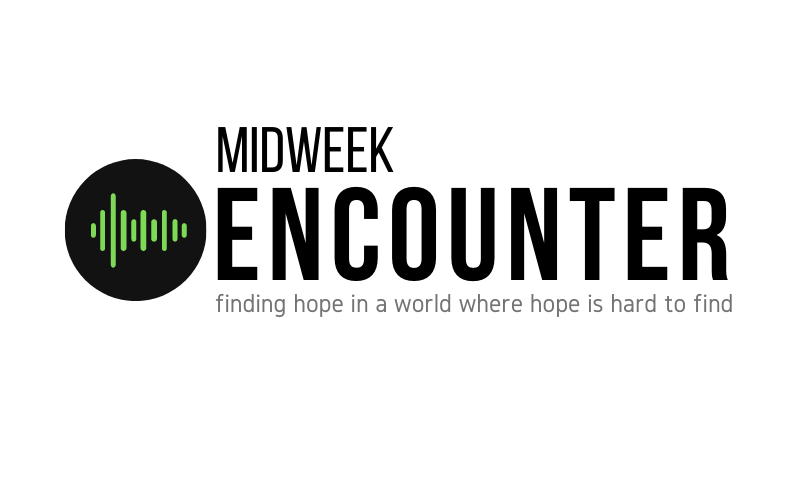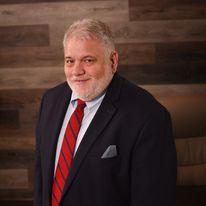



 Fredric Nietzsche was right on target when he contended that the basic drive of human nature is the will to power. He contended that the will to power is dominant. In this respect, it is much ahead of Freud. Freud saw the sexual desires as mitigating people's behavior. And what Nietzsche did was recognized that a lot of what goes on in the name of sex, has nothing to do with sex, has nothing to do with love, but has to do with power.
Fredric Nietzsche was right on target when he contended that the basic drive of human nature is the will to power. He contended that the will to power is dominant. In this respect, it is much ahead of Freud. Freud saw the sexual desires as mitigating people's behavior. And what Nietzsche did was recognized that a lot of what goes on in the name of sex, has nothing to do with sex, has nothing to do with love, but has to do with power. 1. Yes, I will be a person of integrity. I will keep my life clean.
1. Yes, I will be a person of integrity. I will keep my life clean. 2. Yes, I will be a person who is involved. I will show compassion.
2. Yes, I will be a person who is involved. I will show compassion. 3. Yes, I will be a person of influence. I will keep my life consecrated.
3. Yes, I will be a person of influence. I will keep my life consecrated.